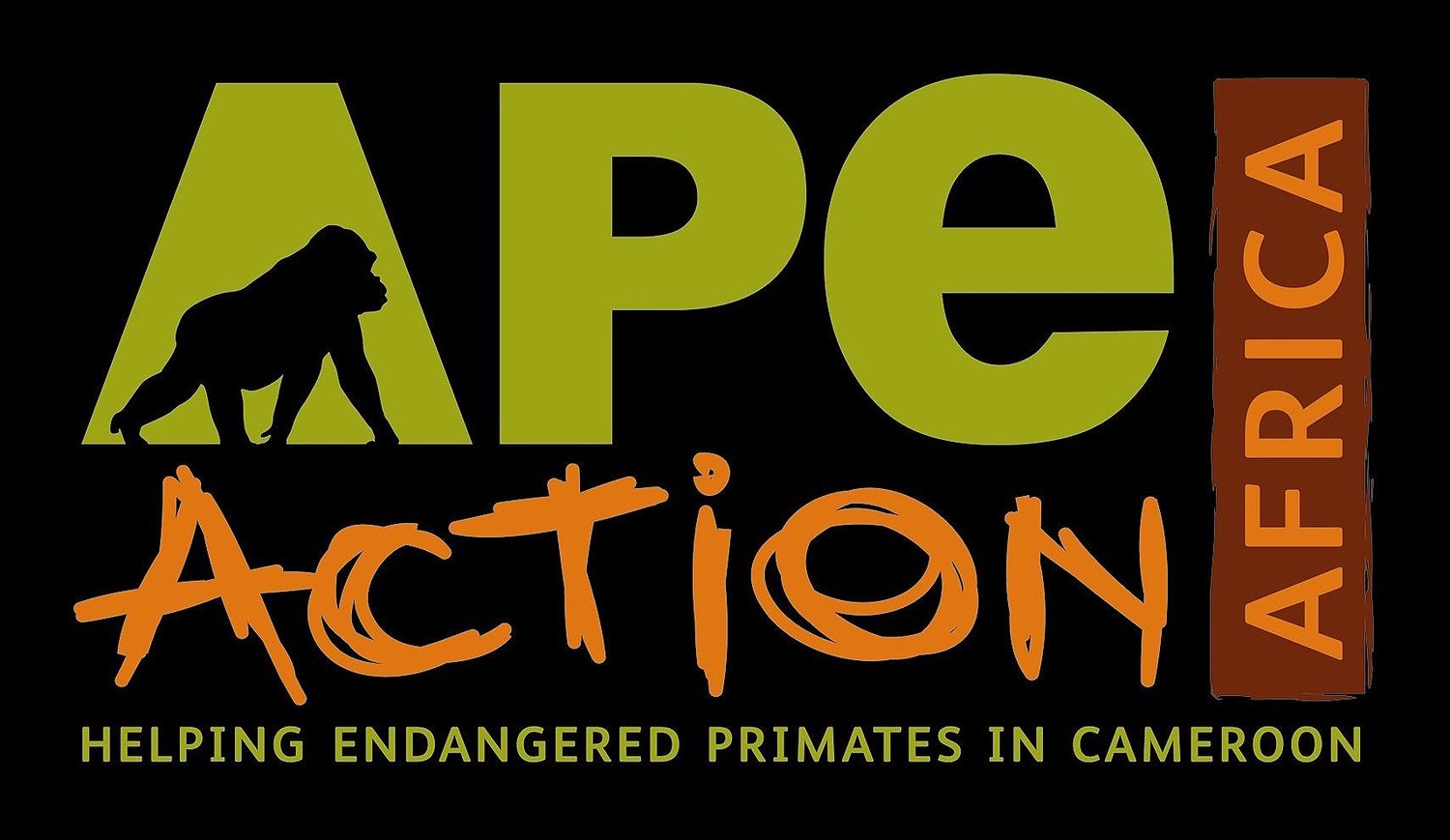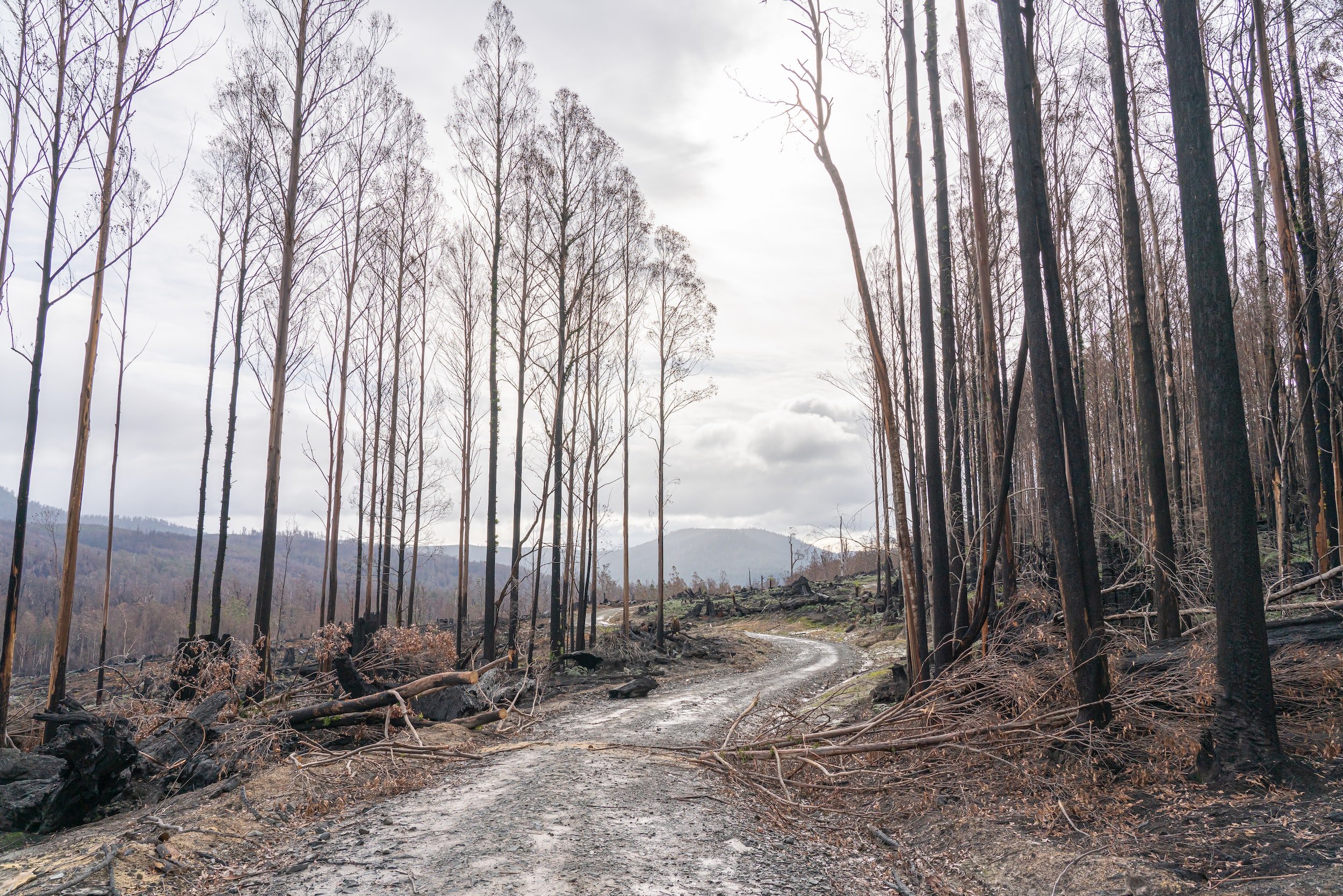Climate change
The effects of climate change are already upon us and 2019 saw a number of worrying events globally that point to a future where the climatic and meteorological norms that we have known for generations will be irreversibly altered. Africa’s primates already face a variety of threats to their survival, the impact of which we see every day with the work we do in Cameroon. Hunting, habitat loss and disease is causing worrying drops of their numbers in the wild and increasingly there are signs of climate change will be their greatest threat yet.
Whilst the direct consequences of climate change, such as loss of habitat caused by forest fires are an obvious and dramatic threat to wild primate populations, there are also indirect threats, the severity of which we will begin to see in the coming years. Changes in rainfall patterns and warmer weather may make food more hard to come by for primates, but moreover, they will likely impact the ability of human populations to provide enough food to sustain themselves, which will lead to increased exploitation of forests and other wilderness areas. This has the potential to further degrade the habitats that are suitable to support primates and is likely to put humans and primates in conflict.
As deforestation and forest degradation have such a significant impact on climate change, reducing forest loss can have multiple benefits for ecosystems and people. These include cutting greenhouse gas emissions, sequestering carbon, providing other ecosystems services, and maintaining intact, functioning forests that have the best chance of withstanding climate change. We support all efforts to minimise forest loss and degradation and we work with organisations in Cameroon who strive to protect its natural heritage for future generations.


